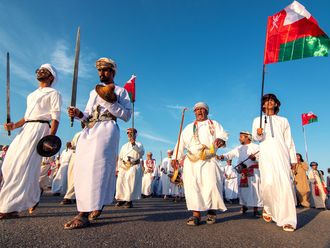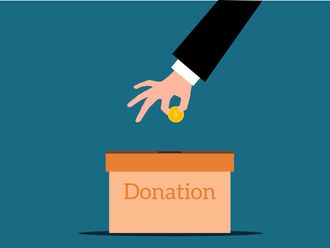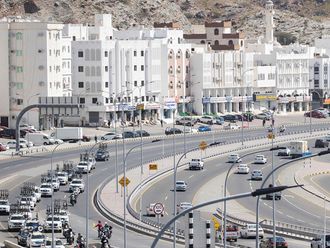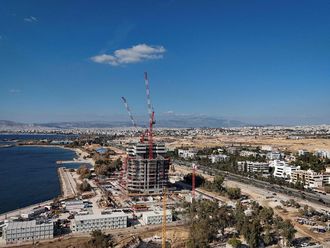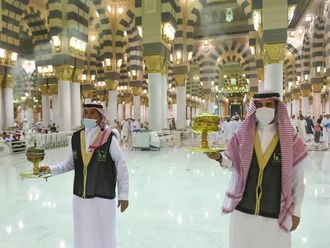Dubai: The legislative and legal committee of Oman’s elected Shura Council has approved a proposal for an amendment of two articles in the country’s penal code aiming to criminalise the trade and consumption of alcohol in the sultanate.
The approval came after a meeting of the committee last Thursday, chaired by member of the committee Nasser Bin Khamis Al Khamisi, Omani daily Al Shabiba reported. The resulting report will now be referred to the Shura Council for a vote. If passed, it will be referred to the Council of Ministers, the cabinet.
The move was requested by committee member Hameed Bin Ali Al Nasseri.
The debate on the banning on alcohol has been part of public discourse, but has picked up steam in recent years. The sultanate’s Grand Mufti Shaikh Ahmad Bin Hamad Al Khalili has also publicly expressed support for the move, to which little if any opposition has been voiced from the public, government officials or the Shura Council.
At a public forum at Muscat’s Sultan Qaboos University in October 2012, when asked about the solution to the high rate of road accidents, Al Khalili blasted the “decision makers” for “not wanting to solve the problem because the solution lies in the banning of alcohol”. “The source of the problem is the presence of alcohol, and banning it will solve a large part of the problem, but the political decision [makers] do not want this,” he said. The mufti’s anti-alcohol statements have found support among members of the public, who often take to online forums to express their views on the topic.
In May 2012, in a heated Shura Council session that has been widely circulated on mobile phones, Salim Bin Abdullah Al Aufi, a member from the province of Izki, confronted the Minister of Regional Municipalities and Water Resources, Ahmad Bin Abdullah Al Shehhi, about the government’s perceived leniency towards the consumption and sale of alcohol in the country.
“The Council of Ministers is in violation of the Basic Law, which stipulates that Islam is the religion of the state. But the ministry of Commerce [and Industry] issues licences for alcohol,” he said, also launching a tirade against massage parlours that employ “the third gender”.
Among GCC countries, only Kuwait and Saudi Arabia place a blanket ban on the sale and consumption of alcohol.
Last week, members of Bahrain’s parliament unanimously approved an urgent proposal calling on the government to come up with a timeline for gradually phasing out alcohol until it is totally prohibited. The move was made close towards the end of the parliament’s four-year term and has now been referred to the cabinet.
MPs in the elected chamber of Bahrain’s parliament attempted a similar move in 2010 but were blocked by the upper chamber, the Shura Council, which is appointed by the king.
In Kuwait, alcohol was totally prohibited by parliament in 1983 in a three-stage process starting in 1963 with its regulation, then its banning, then criminalising its consumption. Kuwait’s parliament has the most legislative powers among such councils in the Gulf.
Alcohol is however believed to be widely available in both Kuwait and Saudi Arabia through bootlegging networks that sell the banned items at heavily marked-up prices.


